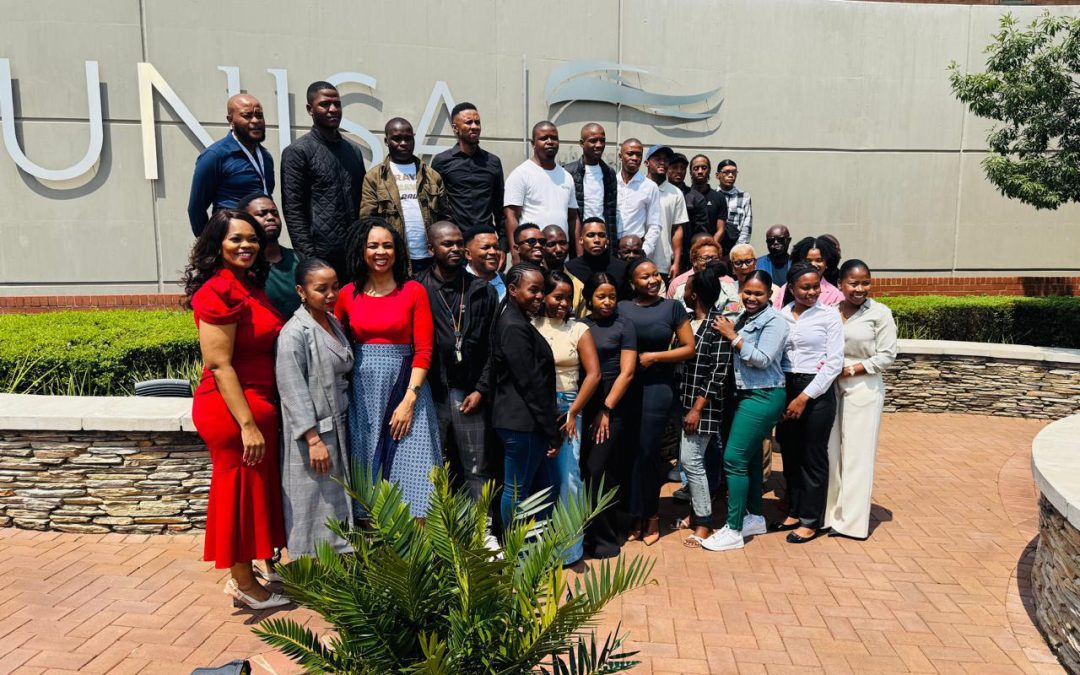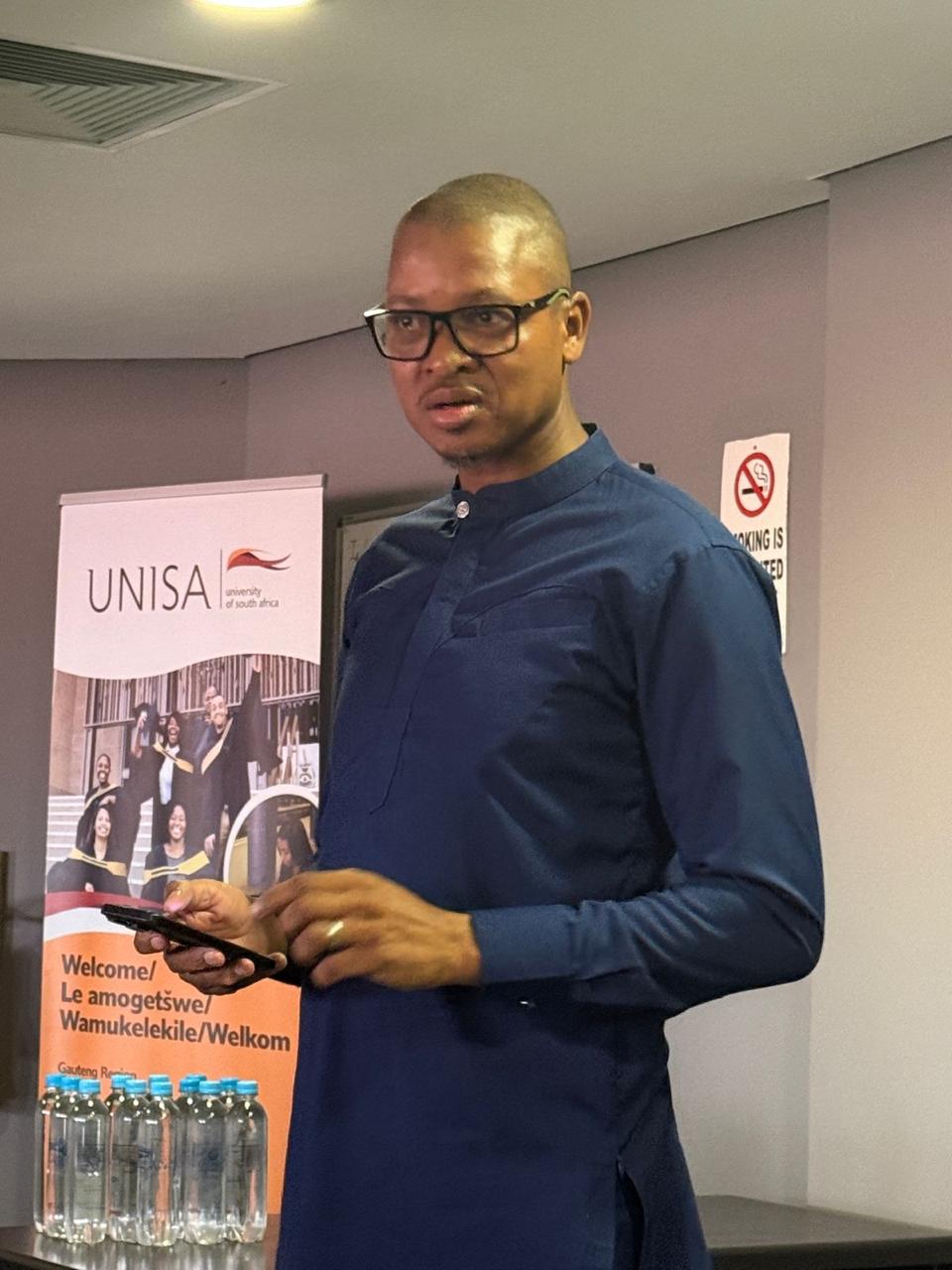You would have to have been living under a rock for the past few years to not know that Artificial Intelligence (AI), Data Science, Cybersecurity, and Digital Marketing have completely taken over the world of work across nearly every sector, representing one of the most significant technological shifts in many generations.
While many have been uncertain about what this means for their own personal career paths and journeys, what is certain is that these concepts are shaping what it means to work in the 21st century.
It is for this reason that Unisa Enterprise, in partnership with the MICT SETA, launched a transformative initiative aimed at empowering young South Africans with critical digital and entrepreneurial skills that will enable them to thrive in the rapidly evolving world of work in the modern context.
The first cohort under this partnership are thirty unemployed youth – who are graduates in the fields of Information Technology, Media Studies, and Advertising. The group has now been onboarded into the programme, and will undergo intensive and comprehensive training, all aimed at positioning them for future-ready careers in 4IR sectors and beyond.
Over and above the technical training they will receive, the programme also has a big emphasis on entrepreneurship and innovation, empowering the graduates with the skills to build their own ventures, and contribute to job creation in the digital economy – a theme that is super critical given the incredibly high youth unemployment rates that continue to plague South Africa. According to Stats SA, the youth unemployment rate in South Africa for 2025 was 46.1% in the second quarter.
Speaking about the initiative at the launch event; Mr. Lesetsa Matshekga, Chief Executive Officer of Unisa Enterprise, emphasised the importance of digital and entrepreneurial skills in driving socio-economic transformation. “In today’s rapidly evolving world, digital skills have become the cornerstone of socio-economic development and innovation. This programme is a gateway to the future. The skills acquired here will enable the participants to thrive in a competitive job market and contribute meaningfully to our economy and communities,” he said.
Echoing this sentiment was Mr. Matome Madibana, CEO of MICT SETA, who reaffirmed his organisation’s commitment to investing in young talent and driving innovation across the digital economy. “It is an honour to partner with Unisa Enterprise on this strategic initiative that bridges the digital skills gap and empowers young South Africans to thrive in the digital economy. Through this flagship programme,
unemployed graduates will gain valuable workplace exposure and practical experience, preparing them for the ever-evolving world of work. As Artificial Intelligence transforms the media and many other sectors, initiatives such as this ensure our youth are not left behind, but become active creators of value and innovation. We commend Unisa Enterprise for transforming workplaces into training hubs that build South Africa’s skills capacity in line with the National Development Plan.”
The Memorandum of Understanding of which this initiative was born was signed in 2024, underscored by an agreement by the parties to collaborate on research, skills development and 4IR initiatives. The programme is based on the two organisations’ shared commitment to create meaningful opportunities that will improve the lives of young South Africans, who not only desire to participate in the local sectors that integrate technology, but also equip them to contribute globally. Other partners and collaborators in the programme include the Unisa College of Science, Engineering and Technology (CSET), under the leadership of Professor Mampilo Phalane, Director of the School of Computing. This programme joins other active government initiatives that are aimed at combating youth unemployment.
With ICT skills firmly becoming a must-have, the 30 participants of the programme will possess the capacity to create and unlock new sources of income, particularly for those that come from townships and rural communities.



